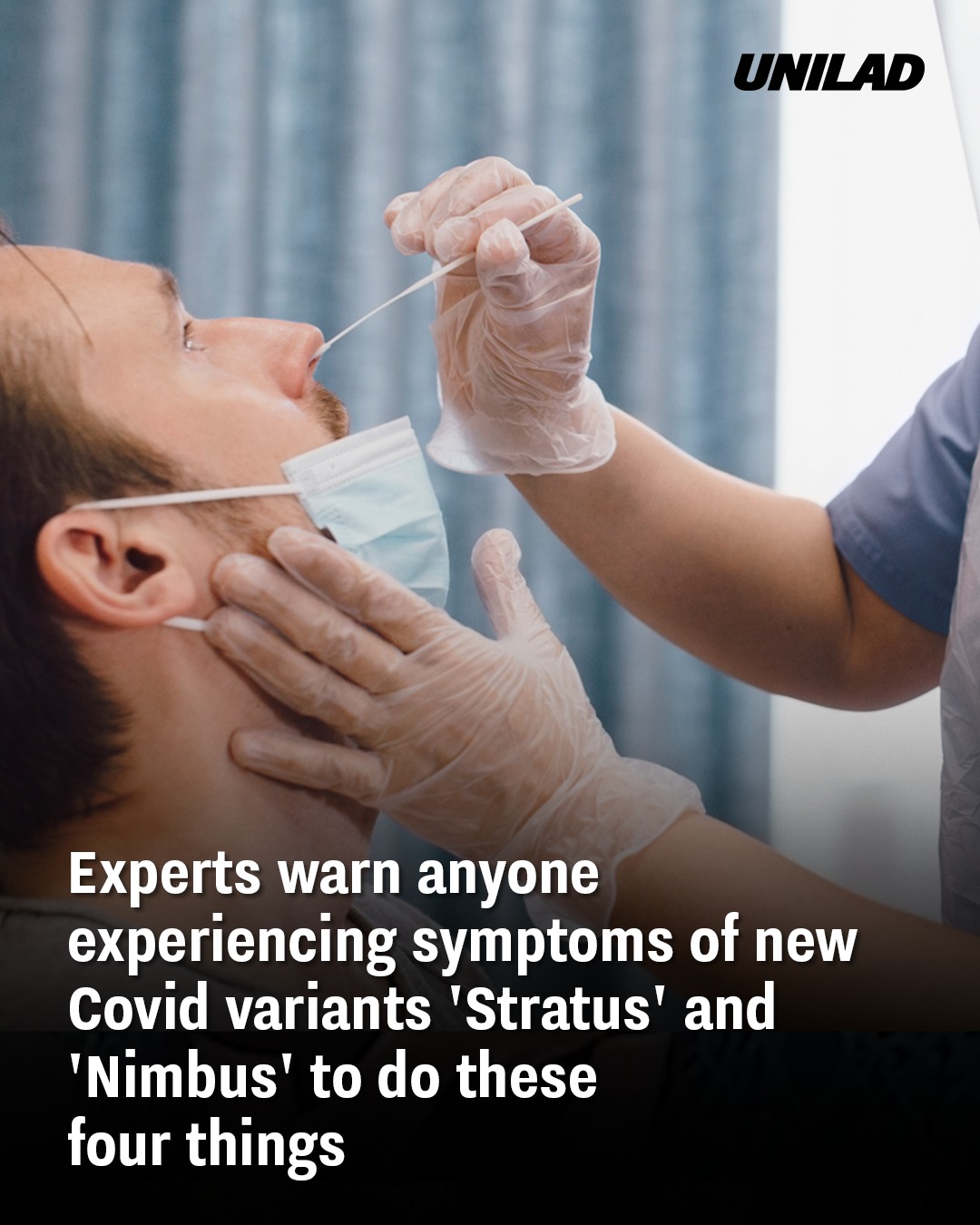Two new Covid strains — nicknamed Stratus and Nimbus — are spreading rapidly across the United States this fall, prompting health experts to issue updated guidance for those who fall ill.
The Rise of Stratus and Nimbus
Although Covid-19 is far less dangerous now than during the 2020 outbreak, the virus continues to mutate. The two latest variants, XFV (Stratus) and NB.1.81 (Nimbus), have been linked to a spike in infections that began in late August and peaked by mid-September.
-
Stratus first appeared in Southeast Asia earlier this year before reaching 38 countries in just five months. Its symptoms are mostly typical of Covid — cough, fatigue, aches, and runny nose.
-
Nimbus emerged in China before sweeping through Europe, Australia, and North America. Genetic tweaks make it particularly efficient at clinging to human cells, leading to faster spread. Patients often report severe sore throats described as “razor-blade-like,” alongside cough, fatigue, and digestive upset.
Currently, infection levels are described as “very high” in Nevada, Connecticut, Utah, and Delaware.
Common Symptoms
-
Sore throat (sometimes severe)
-
Persistent cough
-
Body aches and fatigue
-
Runny nose
-
Diarrhea (in some cases)
What Experts Recommend
If you experience symptoms of Stratus or Nimbus, medical experts urge you to take four key steps:
-
Stay Home if You Have a Fever or Respiratory Symptoms
-
Avoid close contact with others, especially older adults and those with weakened immune systems.
-
-
Wear a Well-Fitting Face Mask
-
Use surgical masks or multi-layered cloth coverings when around others.
-
-
Avoid Crowded, Poorly Ventilated Spaces
-
Skip large gatherings, limit public transport, and choose outdoor exercise over gyms.
-
-
Practice Good Hygiene
-
Cover your mouth and nose when sneezing or coughing.
-
Wash hands with soap and water for at least 20 seconds, or use hand sanitizer — especially before meals and after coughing or sneezing.
-
Why the Caution Matters
While these newer variants don’t carry the same level of risk as the original Covid strains, their spread underscores the virus’s ability to adapt. Nimbus, in particular, has shown how subtle genetic shifts can increase contagiousness — and cause more severe throat pain than previous strains.
Health officials emphasize that the goal isn’t alarm but prevention: slowing the spread, protecting vulnerable populations, and reducing the chance of further mutation.


